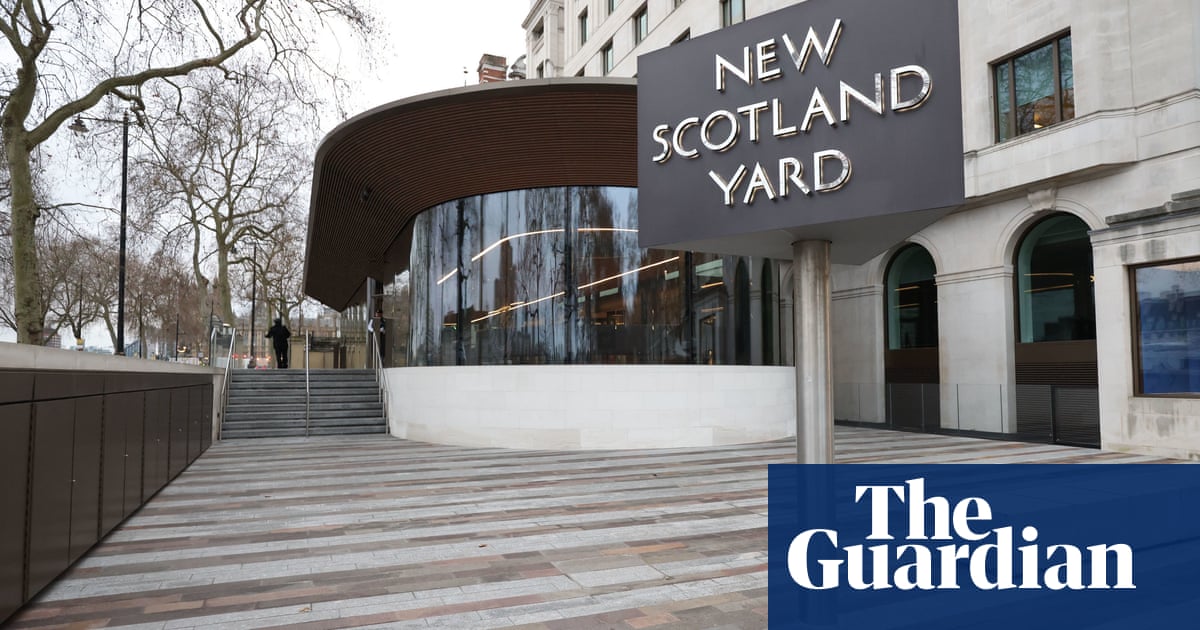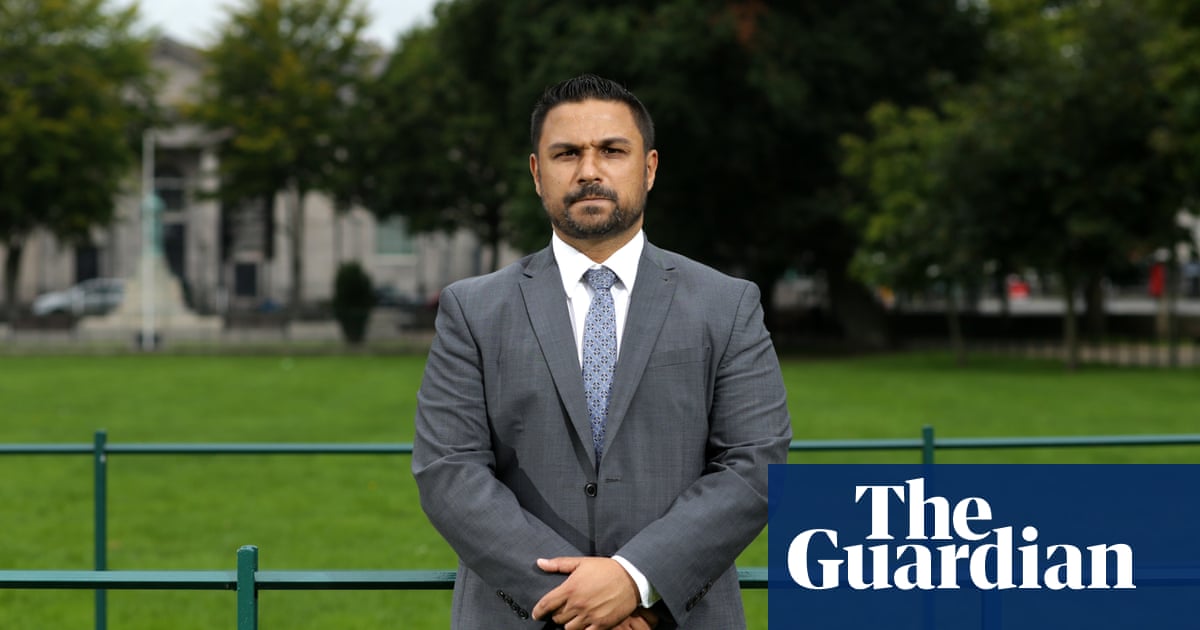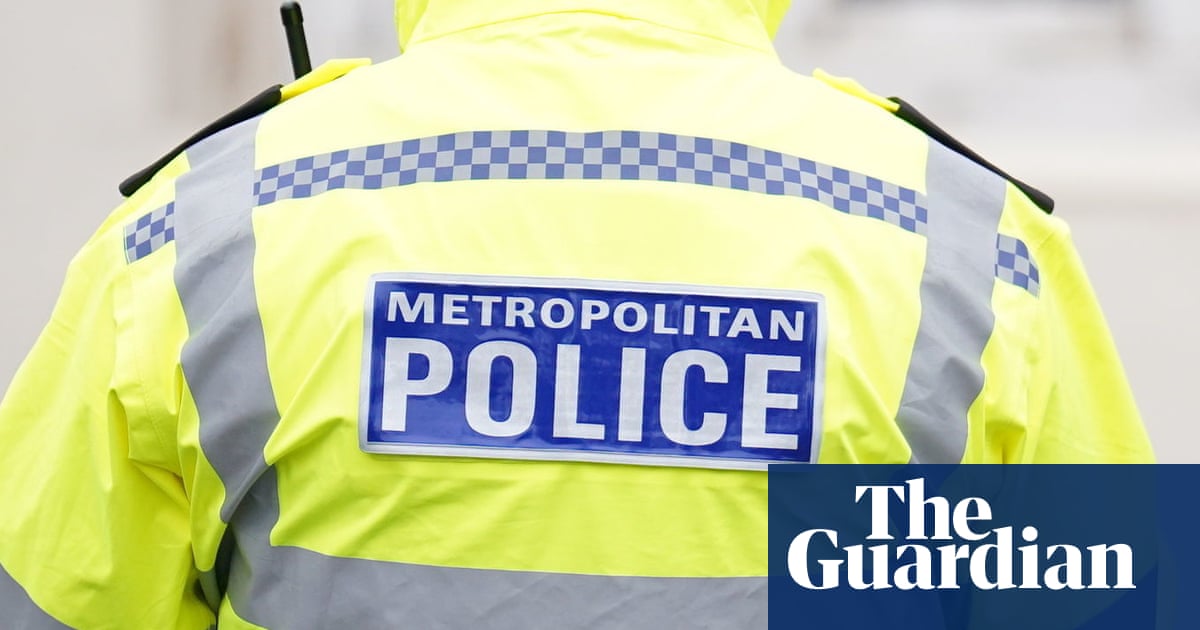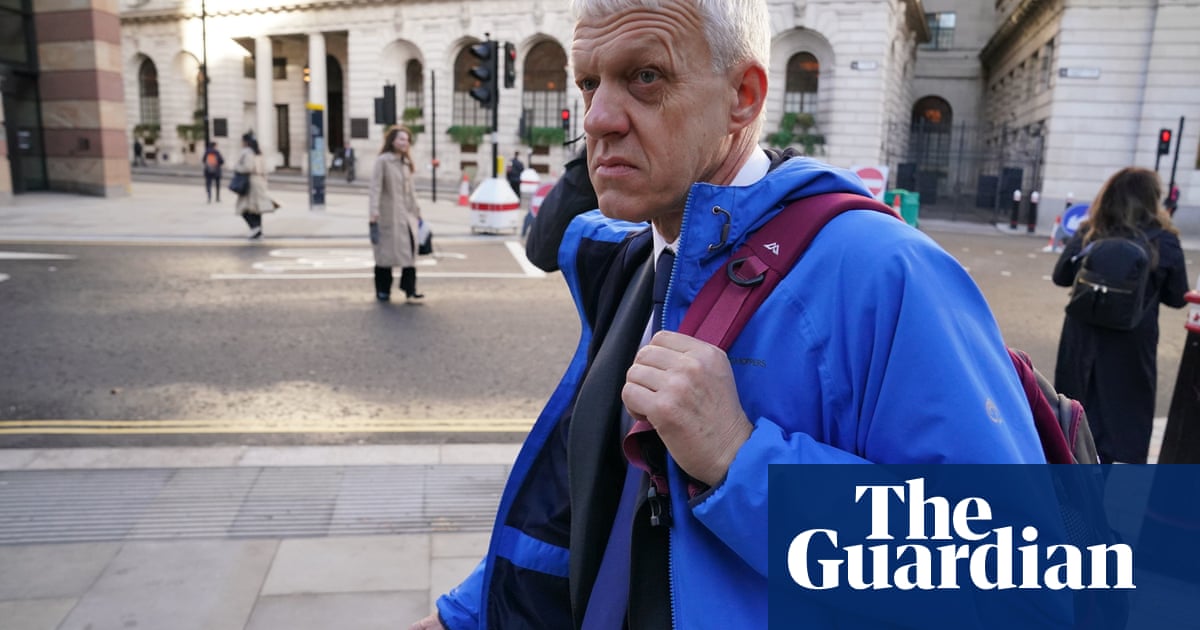
Two of the most senior black officers to have served in British policing have revealed that their careers were blighted by racism, and warned that the misuse of stop and search was leading to black men being treated as “property” by officers.
The allegations by Patricia Gallan, a former Metropolitan police assistant commissioner and the highest-ranking black woman ever, and the former Met chief superintendent Victor Olisa, reveal troubling questions about race that continue to dog British policing.
Olisa, a former head of diversity at the Met and former borough commander in Tottenham, said his 35 years’ experience in policing and academic training as a criminologist led him to conclude that while the majority of officers were “professional, dedicated and committed”, there was a continuing misuse of the stop and search policy by some.
“There is a growing practice of officers handcuffing young black boys who have not been arrested and are not resisting or showing any signs of aggression, before they start searching them,” said Olisa. “The misuse of stop and search exemplifies the notion of police ‘property’.
“This is a worrying development of a practice that seems to reinforce the stereotype that conflates blackness with dangerousness: black boys are considered ‘dangerous’ and so have to be restrained in a way that is humiliating and degrading, without a rational justification. Black boys are treated as police ‘property’ whilst their white friends that are with them are treated very differently, with courtesy and respect.
“The answer is to stop stereotyping black people as low status, unintelligent, aggressive, dangerous, self-destructive, and subhuman.”
Stop and search rates have been falling across England, but at a lower rate among black people. According to the most recent government data, between April 2018 and March 2019, there were four stop and searches for every 1,000 white people, compared with 38 for every 1,000 black people.
Ken Marsh, chair of the Metropolitan Police Federation, said bias among officers was not a factor in stop and search, but crime was. “Why are black youths being disproportionately stopped? [As long as] you want us to stop young males being stabbed to death – God forbid, I couldn’t think of anything worse – we’ll do our job, and I think we’re doing it very well.” Marsh justified the apparent focus on BAME communities by citing statistics on those perpetrating knife crime. “It’s a difficult conversation to have but it’s a factually correct one,” he said.
Marsh also defended the police’s enforcement of the coronavirus lockdown after Met figures showed that officers enforcing the lockdown were twice as likely to issue fines to black people than white people. “It threw crime out the window. Anyone out in the first four weeks was a drug dealer,” Marsh said.
Gallan retired as an assistant commissioner in the Met in 2018. However, she said: “I experienced both overt and subtle racism – internal more often than external and from all ranks.”
She said that in 2010, she applied for a promotion to join the Met from the Merseyside force. “I recall being asked by a very senior officer to say that the Met was no longer institutionally racist as it was seen as an unhelpful term. When I stated that I could not do that, my response caused consternation. That was not the answer sought, nor was it deemed acceptable.” She did not get the job, but was successful in 2012, by which time Bernard Hogan-Howe was commissioner.
Official figures show the Met is the force that has done best at increasing its numbers of BAME officers, but changing demographics mean it has the biggest shortfall, with 14% of its officers from ethnic minorities, compared with 43% of the capital’s population. It estimates that at the current rate of progress, it could take 100 years to become representative.
In 1999, barely 2% of police officers in England and Wales were from an ethnic minority. Now 7% of officers are BAME, compared with 14.9 of the population.
Gallan said significant progress had been made, but more was needed: “The colour of a person’s skin does make a difference in nearly every aspect of their life, and if they are not white, then their life experience will have bound within it hurt, frustration and even anger. “
Chief constable Ian Hopkins, who leads on diversity for police chiefs, said: “We recognise we have been far too slow to increase diversity and we know there is still a long way to go so that policing is truly reflective of the communities we serve.
“The slower rate of progress in recruiting black police officers is likely to reflect the fact that confidence in police has historically been lower among black people than white or Asian – although the latest statistics show an improving picture.”
Police chiefs hope to boost minority representation as they increase police numbers by 20,000 over three years.












